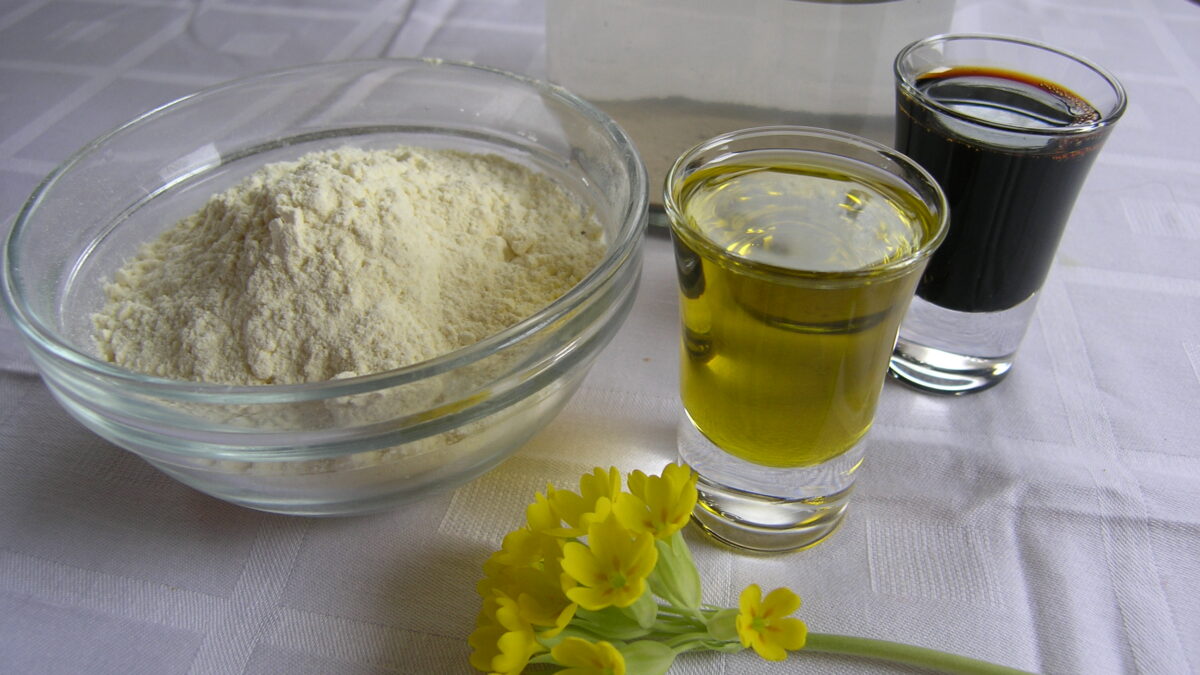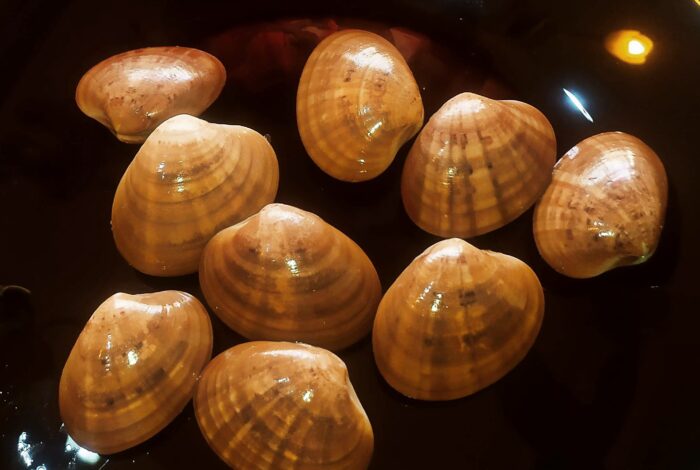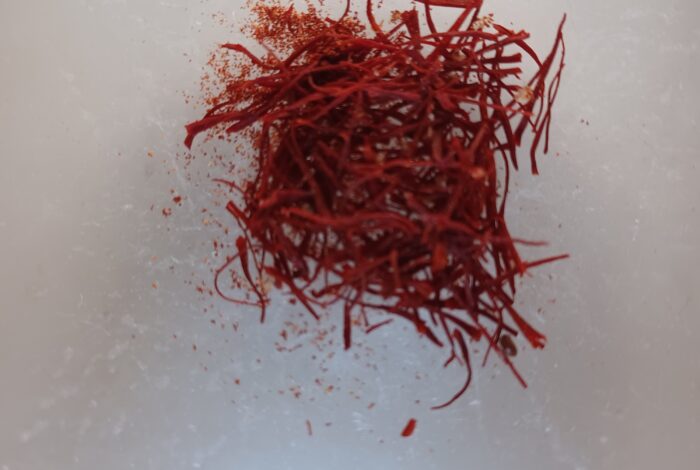Soultana-Maria Valamoti, Professor, School of History and Archaeology, Aristotle University of Thessaloniki
Olives, prized since time immemorial by the peoples of the Mediterranean, produce a truly invaluable oil which is ubiquitous throughout the cuisines of the region. Initially, however, olive oil was likely used in religious ceremonies and rituals. Olives have been cultivated in Greece since the prehistoric period; the earliest remnants of olive trees – its pollen as well as its wood and olive pits – have been traced to the island of Crete some 6000 years ago. Olive oil appears to have been held in high regard among the populations of southern Greece and the southern Aegean throughout the Bronze Age. The Minoans transported olive oil in special clay vessels known as stirrup jars, exporting it throughout the Mediterranean, a practice that their Mycenaean successors adopted and continued. Several centuries of cultivation later, olive trees, in both their wild and domesticated varieties, were documented on Linear B tablets. Olive oil has its own dedicated ideogram, which is associated with lists of goods dispatched to sanctuaries for ritual use. Oil produced from wild olive trees also has its own ideogram and was used in perfume production at Mycenaean palaces.
In ancient Greece, olive oil continued to see use in ritual contexts and remained a markedly expensive luxury good. As such, the olive oil awarded to the winners of the Panathenaic Games was of great commercial value. Indeed, this oil was extracted from the olives that grew on the sacred olive trees, which were protected by Morios Zeus. These olive trees were known as moriai, a word encountered in the 5th century BC, in the works of Aristophanes and Lysias.
Certain texts mention that olive oil was used for culinary purposes in antiquity. References include the Birds, by Aristophanes (4th – 3rd century BC), in which olive oil is combined with other ingredients and poured over roasted fowl that have been served on the dinner table. In another case, Hippocrates suggests treating a certain illness by consuming boiled or roasted fish that is then seasoned with oregano and sprinkled with olive oil. Archestratus (4th century BC) describes something similar, this time in a culinary context. It is believed that olive oil was used as a frying oil for various batter-based recipes of antiquity, such as fritters, a use suggested by the term zeselaiopages found in the work of the poet Philoxenus (5th – 4th century BC). Olive oil was also used to preserve foodstuffs. A notable example is fish, via eleogaron, a term encountered in the work of Pseudo-Hippocrates, On various foods. References to olive oil abound in the Hippocratic corpus as an ingredient in pharmaceutical formulas as well as a part of patients’ diets.










